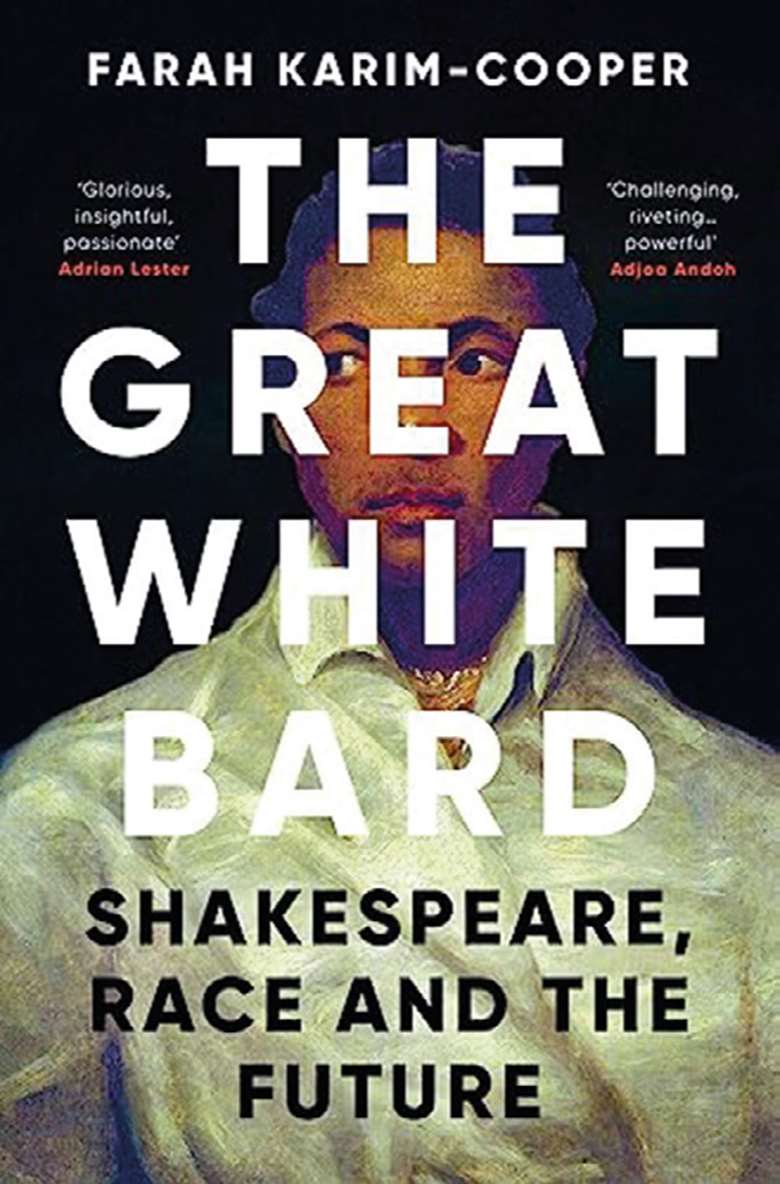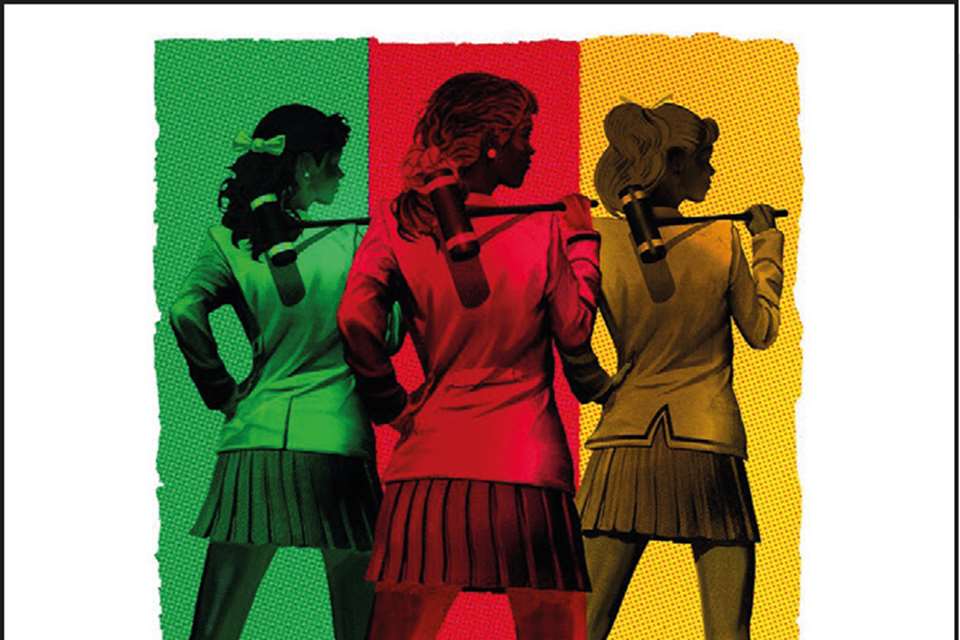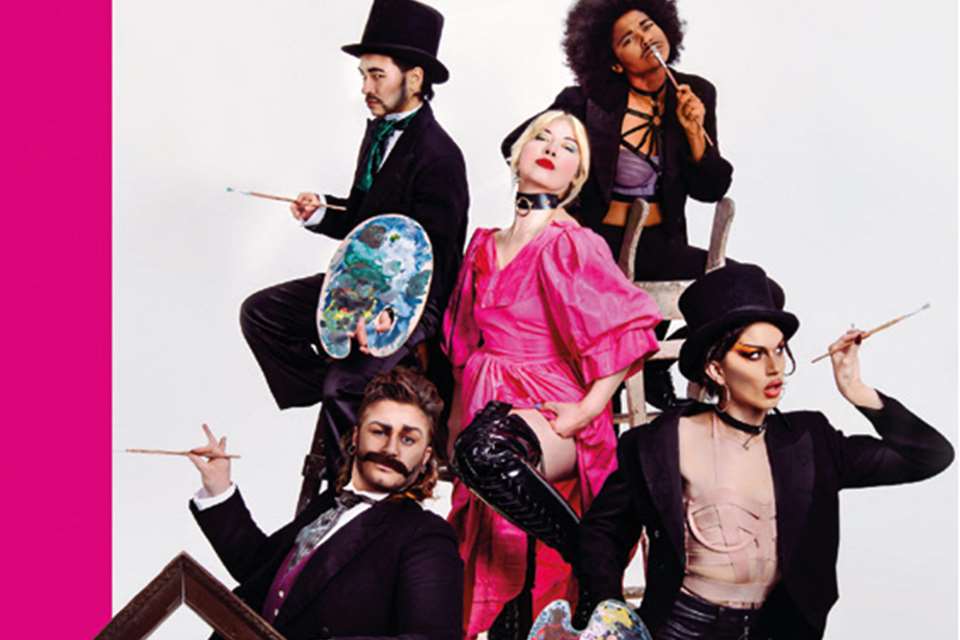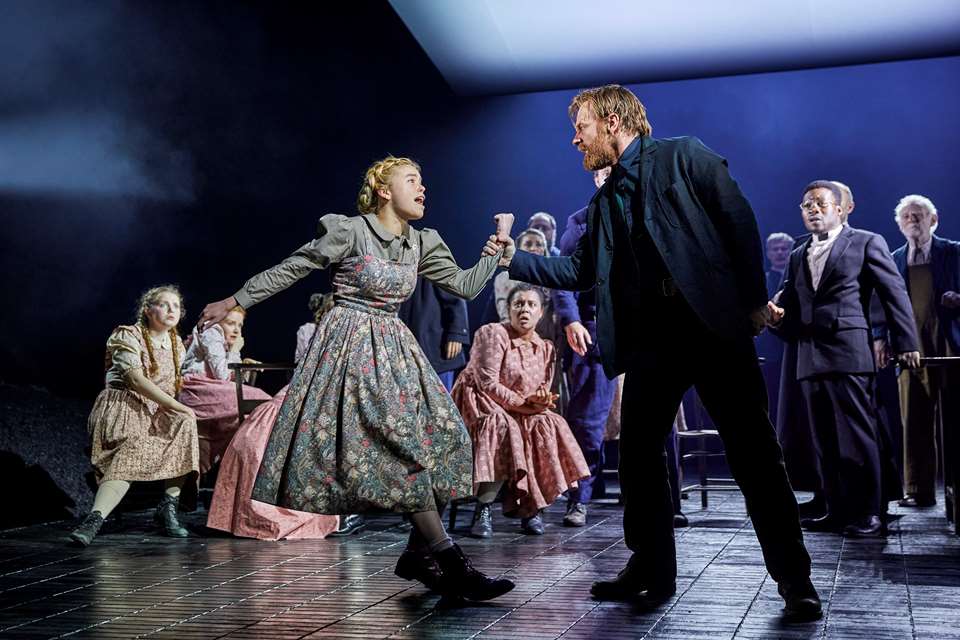Review: The Great White Bard by Farah Karim-Cooper
John Johnson
Friday, September 1, 2023
'A confronting and eye-opening discussion around race, gender colonisation and representation in Shakespeare', says reviewer John Johnson.

The Great White Bard captures the zeitgeist of the 2020s as we begin to really question what we (think) we know about history. It combines textual analysis and historical context that will enrich any teacher's knowledge and support pupils studying the work of Shakespeare at A Level or undergraduate level.
Essential questions about race, gender, colonialisation and representation in Shakespeare's plays and how this has shaped cultural Britain need to be asked. We must question how we read, teach and experience the theatrical canon. Readers are asked to reconsider or reframe pieces of art that we had accepted as being just so. Particularly provocative is the chapter ‘The Making of the Great White Bard’, in which readers are asked to confront the discomfort that embracing truths about our ‘national treasure’ may bring. ‘Being truthful about the past can't do any more harm that hiding from it has already done,’ writes author Farah Karim-Cooper.
The chapter on ‘The Tawny Queen’ explores the representation of the portrayal of Cleopatra from Anthony and Cleopatra. The chapter presents the young (white) males who would have first played the iconic role back in 1606, as well as writer Moya Bailey's term ‘misogynoir’, a particularly brand of misogyny that targets black women. It is interesting to consider why an Egyptian queen has so often been portrayed by a white actress – and sometimes even a white teenage boy. It asks us to consider our own pre-conceived unconscious biases: why have we never questioned these casting choices when watching performances in the past?
This book is an excellent reference point to those studying the original performance conditions and context of Elizabethan theatre. There is a wealth of rich historical information and Karim-Cooper uses her expert knowledge as director of education at Shakespeare's Globe Theatre to paint a picture of the world in which Shakespeare's ideas were conceived and written. Those wishing to unpick the language being used will find chapters on Othello and The Merchant of Venice particularly helpful. Sixth form or college students exploring race and identity as part of an EPQ project will also gain a great deal from using this well-written book as a reference point.






